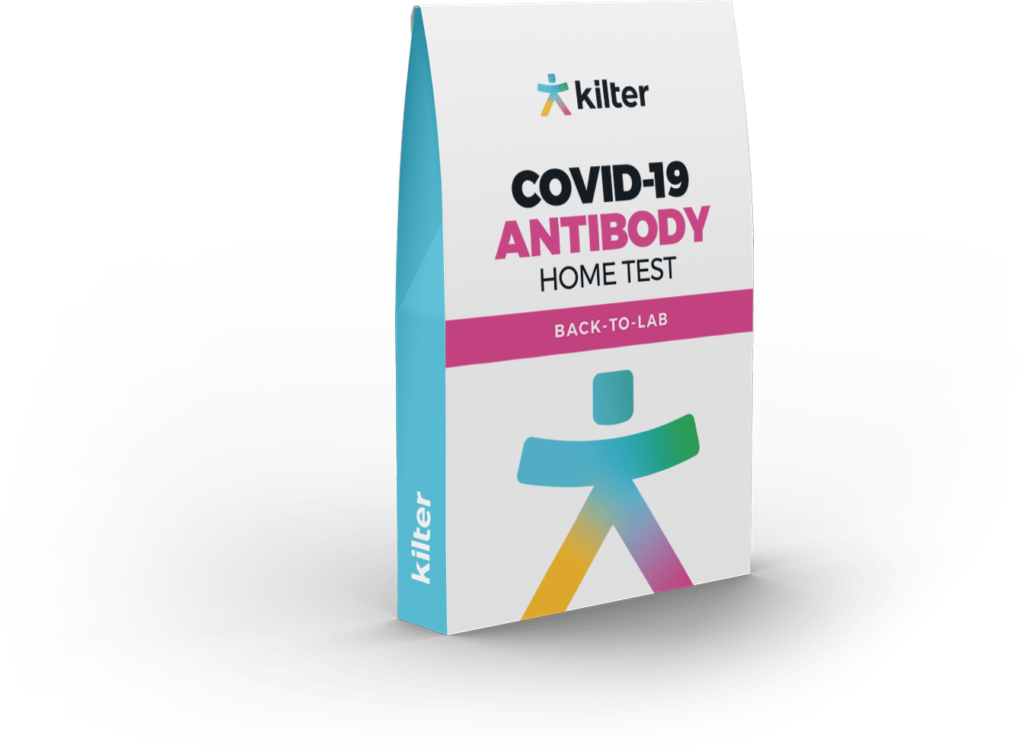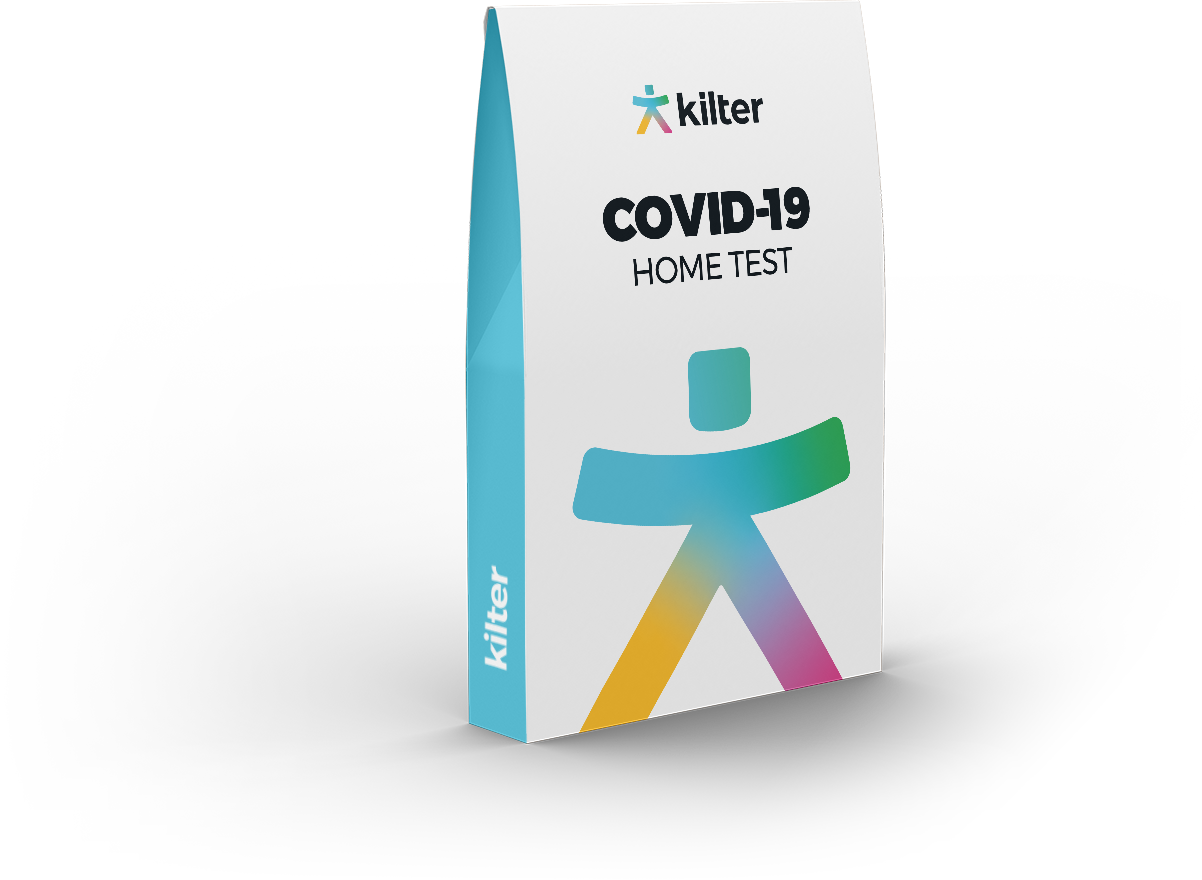Menu
HOW TO perform a
Covid-19 Rapid Blood Test
Watch the training video...
Perform a simple finger prick blood test and observe the results in 15 minutes...
1. Prepare the kit
unpack and lay out the kit on a clean flat surface and bring to room temperature. Get your blood flowing by soaking your non dominant hand in warm water for a few minutes and then do a little light arm exercise.
2. Finger Prick
Dry hands and sterilise the tip of your ring finger using the pad provided. Hold your hand against a hard surface and use the lancet to make a small finger prick, gently massaging down the finger to create a bubble of blood.
3. Test the sample
Use the pipette to suck up a few drops of blood then squeeze one full drop of blood onto the lower well of the test dived marked “S”. Carefully add 3 drops of the buffer solution into the same well of the test device.
4. Wait 15 minutes
Check that the control line marked “C” has changed from blue to red (which shows it’s valid). If a coloured line also appears next to the IgG and/or IgM labels, the result is positive for those respective antibodies.
Further Information
This test is used to identify whether you have previously been in contact with the virus or not. It’s important to note that this test will not provide you with a diagnosis.
What this test will do, is to provide you with one of three different indications, and they do this by identifying 2 types of antibodies – IgG and IgM.
This will show you one of the following:
- The test detects the presence of IgM antibodies. This indicates that you may currently have the virus.
- The test detects the presence of IgG antibodies. This indicates that you may have previously been infected with the virus but have recovered and are no longer infectious.
- The test will detect the presence of both IgG and IgM antibodies. This indicates that you may still have the virus and could still be infectious. However, the additional presence of the IgG antibodies indicates that your body is fighting the virus off.
These instant antibody blood spot tests are so easy to use they can be self-administered and give you results in only 15 minutes.
This test will identify two different antibodies, IgG and IgM. These antibodies only present themselves when someone has been exposed to coronavirus.
An IgM antibody indicates that you have been exposed to the virus in the last 7-28 days and that you may still be infectious. Current research indicates that IgM antibodies tend to stay in the system for around 28 days.
An IgG antibody indicates that you have been exposed to the virus in the last 7-28 days but that your body is fighting the virus off. If your antibody test just shows you an IgG antibody then this would indicate that you are no longer infectious. Current research indicates that IgG antibodies can remain in your system for up to 40 days.
Please note that you can get a result showing both antibodies. The test can detect the presence of both IgG and IgM antibodies. This indicates that the donor still has the virus and could still be infectious. The presence of the IgG antibodies does also indicate that the body is fighting the virus, and that they could be on the road to recovery.
When this happens the best rule to follow is, if your test shows up IgM antibodies you should isolate and follow government advice.
Our antibody tests have an accuracy of 98.7% which makes them more accurate than a home HIV or STD test. It also means that our antibody tests are about as accurate as a diabetes or pregnancy test!
Whilst the test procedure is very simple, this test has only been approved for professional use right now which means self-testers must be trained.
Therefore non-trained users are required to book an online training session which will last up to 25 minutes. A health professional will guide you through how the test works, the process and how to understand the results. All of this is also explained above should you wish to learn more.
If you would rather have assistance with carrying out the test, you can book an on-line consultation. The session takes around 25 minutes and we’ll guide you through the test and discuss the test results. When you are buying your test simply pay for your session and you will be sent a link to book a time that’s convenient to you via zoom.
CE marking is a certification mark that indicates conformity with health, safety, and environmental protection standards for products sold within the European Economic Area. The CE marking is also found on products sold outside the EEA that have been manufactured to EEA standards
No. Unfortunately there is no sure-fire way of telling if someone is “immune” to Covid19. However, the current research would indicate that an antibody test can identify if you have IgG antibodies in your system, which if present, indicates that you will have higher resistance to the virus.
These are two very different tests with a number of differences between them, however the most important difference is:
The antigen PCR test will provide you with a diagnosis that will tell you if you have the virus now.
The antibody test will tell you if you have had the virus. The antibody tests can give you an indication of whether you may still have the virus in your system by analysing the antibodies present in your blood. However, this is not a diagnosis. Only an antigen PCR test will provide you with a diagnosis.
Simply store the kit in a dry, room temperature environment.
The short answer to this question is no. Unfortunately, we can’t guarantee that you will have any sort of “immunity” to the virus once you have been exposed to it, though current research would indicate that you probably have developed immunity. There is currently a lot of research being conducted to investigate this, but at this time we simply don’t know for sure.
What we do know, is that the presence of IgG antibodies in your system indicates that you will have a higher resistance to the virus.

Browse Covid-19 Private Tests...
We have both Antigen & Antibody private tests available to order which will help you determine your past or present exposure to the coronavirus.


